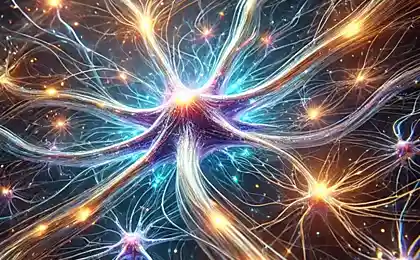175
10 enemies of success: how your strengths became a trap
“It’s not you that are bad, it’s your brain that sabotages success”: 10 qualities that quietly destroy your dreams

According to a Stanford University study, 83% of people do things that go against their goals every day. Why does the brain become the worst enemy? Discover the neurobiological mechanisms of self-sabotage and learn to bypass them using the latest discoveries in psychology.
1. Hyperresponsibility: When debt becomes a prison

A study by the APA found that people with “I must” syndrome:
- 3 times more likely to delay important decisions
- Spending 47% more time on secondary tasks
- Have elevated cortisol levels even at rest
50/30/20: 50% commitment, 30% desire, 20% spontaneity.
2. Toxic perfectionism: chasing the ideal instead of the result
MIT experiment with 500 startups: teams with perfectionists
ResultsTime to market +89% longerTeam satisfaction-62%
3. Impostor Syndrome: Why Success Scares More Failure
“The brain interprets success as a threat to stability — that’s how the ancient instinct of avoiding predatory attention turns on,” said Dr. Valerie Young, author of Impostor Thoughts.
4. Emotional Blindness: Ignoring the Body’s Silent Signals

Mayo Clinic: 68% of people do not notice the first signs of burnout:
- Microtension of facial muscles
- Changing breathing patterns
- Reducing heart rate variability
5. Cognitive rigidity: When experiences become cells
Cambridge Research (2023): After 35 years, the brain:
- 40% less likely to create new neural connections
- Spending 27 percent more energy on inefficient solutions
6. Fear of Success: Why We Run From Our Possibilities
Practice:
Imaginary Failure: Describe the worst-case scenario of success in detail and find the hidden benefits.
7. Hyperrationalization: Paralysis of Analysis
The Princeton University Experiment:
- People with high IQs make 65 percent fewer risky choices
- Losing 89% of potential opportunities
8. Emotional Allergy to Conflict
HBR Research: Avoiding Conflict
- Reduces career growth by 42%
- Increases the risk of depression by 2.3 times
9. Time eaters under the mask of productivity
Top 3 hidden eater:
- Multitasking (reduces efficiency by 40%)
- Perfectionism in small things
- The Paradox of Choice: Comparing 10+ Options Instead of Action
10. Neurotic Loyalty: Attachment to Failed Strategies
The phenomenon of “lost capital”: the brain clings to failed decisions to justify past investments.
Outcome: A 15-year Harvard study found that being aware of these patterns reduces their impact by 73%. Remember: your brain is not an enemy, but a relearned ally. Start small – replace one automatic action a day with a conscious choice.
Why the brain is fixated on the bad and how to reprogram the internal algorithm
14 Habits You Follow Because You Feel Unloved























